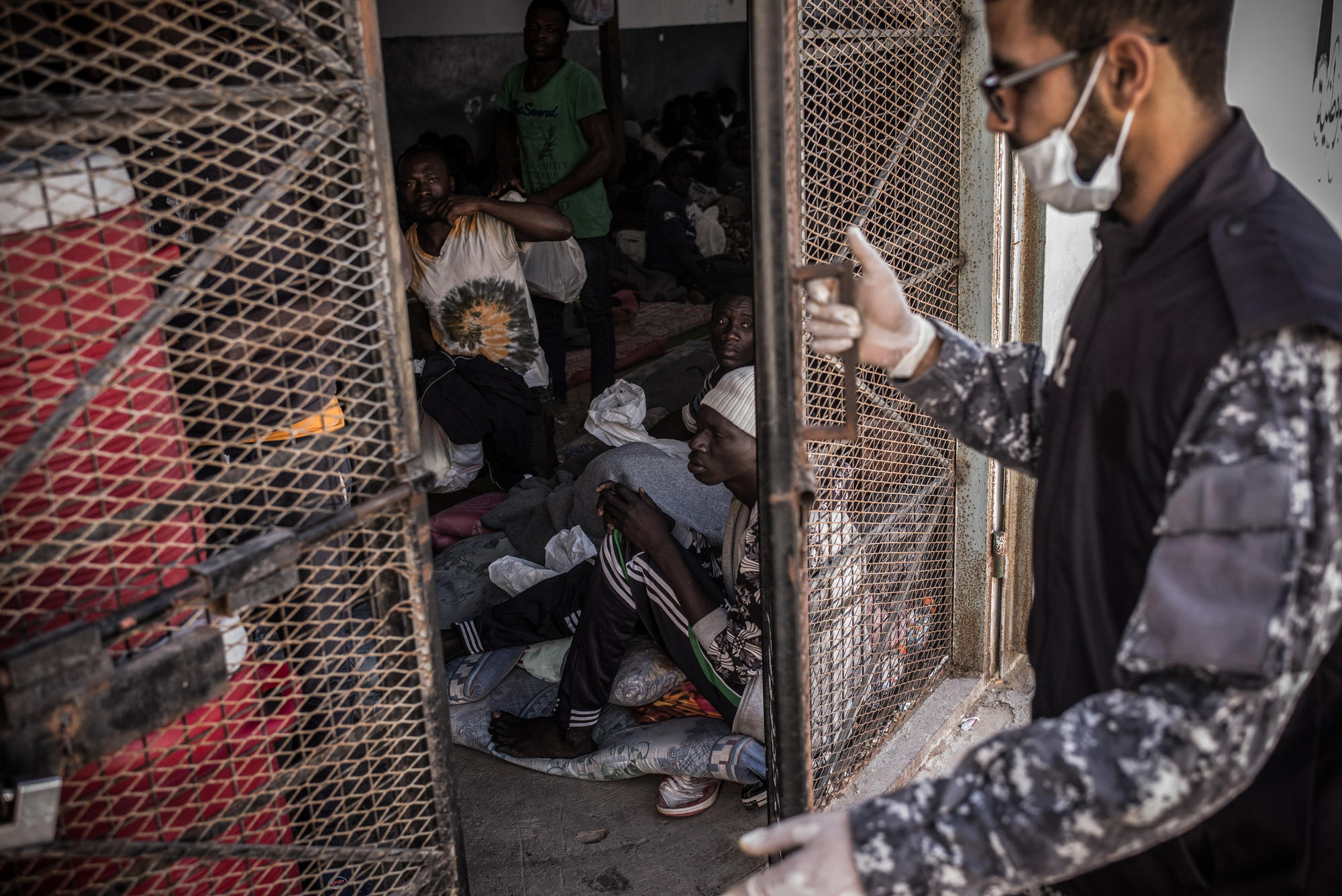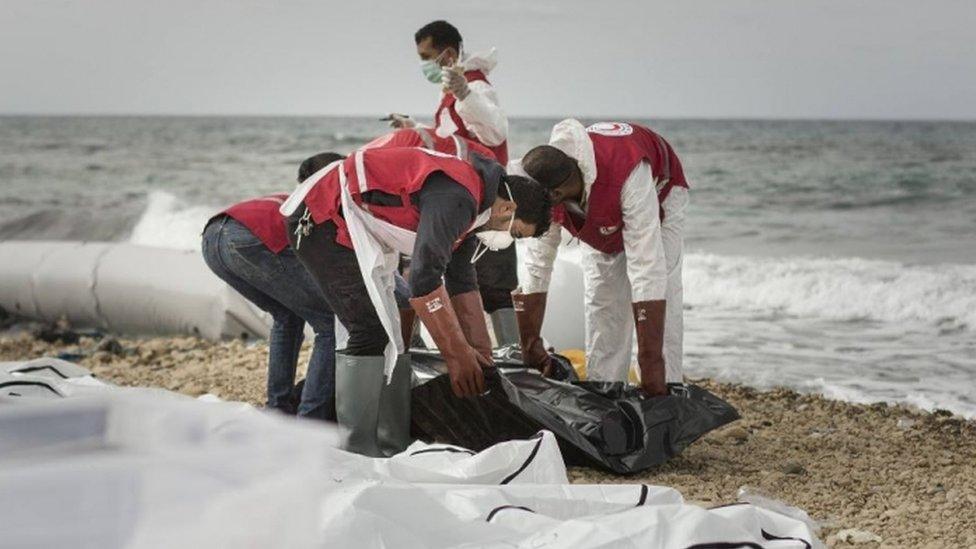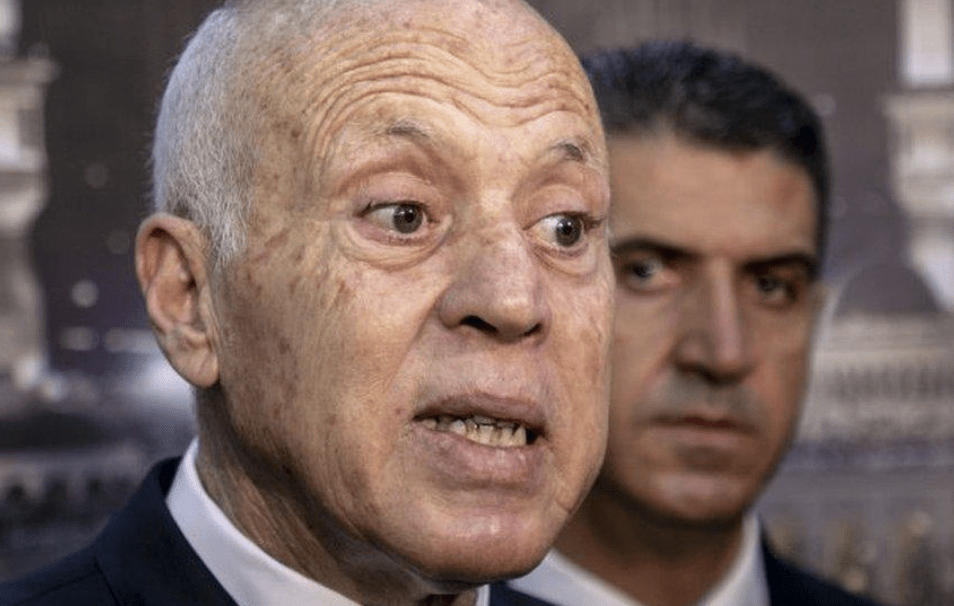Libya: UN launches probe into deaths of 20 detainees

In a significant and stark announcement from the United Nations, Libya is being investigated by the organisation over potentially more than 20 deaths that have occurred in Libyan detention facilities between March 2024 and September 2025, according to the Moroccan government-friendly North Africa Post on October 9th.
With the currently available information, many believe that the majority of people who lost their lives during this period were political opponents.
The report came during a presentation at the 60th session of the Human Rights Council in Geneva, given by Nada Al-Nashif, the Deputy UN High Commissioner for Human Rights.
The report details the atrocious ongoing practices in Libya that appear to have no consequences for perpetrators, alongside worsening conditions for prisoners. The report says that detainees face extrajudicial killings, arbitrary detention and enforced disappearances among other rights abuses. The report does make the point that despite the opening of an investigation, the Human Rights Office in Libya has also been hosting discussions between stakeholders from both the East and West about how to best address transitional justice, legislation that helps combat violence against women and how to properly deal with the issue of national reconciliation in Libya.

Al-Nashif said that her report details inspections carried out in five separate prisons and detention facilities, with the Senior UN official condemning “brutal and systematic human rights violations” that have been perpetrated against refugees and migrants by Libya’s own security forces, other armed groups and even traffickers, who are known to have infiltrated various Libyan institutions according to Andrea Cellino of the Middle East Institute in Geneva. Al-Nashif did also note during her presentation at the UN session, however, that Libyan officials, from prison staff to prosecutors and judges were being given additional specialised training about the dire situation.
Despite the tense, violent and desperate circumstances facing migrants and refugees in Libya, there does seem to be movement from Libyan authorities to better address the challenges they face, as well as take responsibility for their failures. In particular, Al-Nashif commended the Government of National Unity’s decision to accept the International Court of Justice’s jurisdiction on crimes that take place between 2011 and 2027.
Although these signs seem to be great steps forward for Libya, they should also not be used to dismiss the crisis seen across Libyan institutions and civic society.
As Nada Al-Nashif has warned, basic rights continue to be threatened and retaliated against, with journalists and political opponents as well as activists being forced to countenance various forms of repression. But, Al-Nashif has also expressed her deep optimism and hope for the North African country, advocating for the inclusion of Libya’s women, youth, victims and minority groups in public discourse and the wider national dialogue that works towards addressing the deeply divided and fractured society.
With Libya’s Periodic Review set to be released in November, Al-Nashif also said that any opportunity should be used as a platform on which to build towards greater personal freedoms and the adoption of universal human rights.
North Africa Post, Maghrebi.org
Want to chase the pulse of North Africa?
Subscribe to receive our FREE weekly PDF magazine













